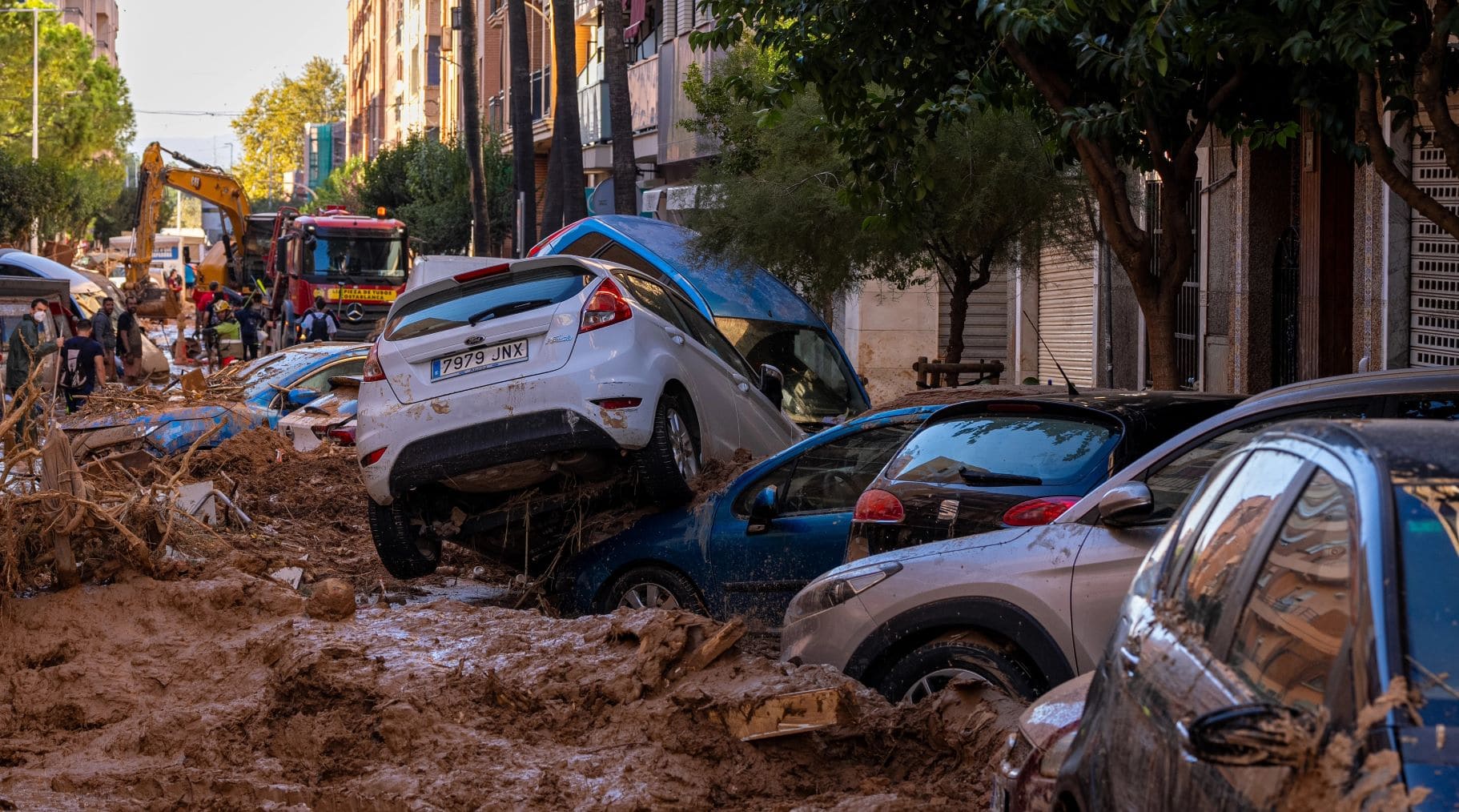He Water is essential for life and, therefore, for our society and economy. However, the EU water resources remain under serious pressure due to structural poor management, the unsustainable use of the Earth, hydromorphological changes, pollution, climate change, increased demand for water and urbanization .
As indicated in the European Evaluation of Climate Riskhe Climate change is exacerbating these pressures and increasing water -related risks. In recent months, Europe has witnessed the important effects of extreme water related to water that have caused tragic losses of human lives and damage worth many billions of euros.
Latest reports
The European Commission recently published its Latest reports About the state of water in the European Unionwhich cover the application of the framework directive on the water, the Board of Floods and the Framework Directive on the Marine Strategy, highlight the progress made to improve the state of the EU water masses in the last six years. They also identify key areas in which more efforts are needed.
The reports offer valuable information about the state of the EU fresh and marine waters and the measures taken to improve it, as well as the Measures to reduce flood risks. They also provide specific information by country and recommendations adapted to support continuous progress and sustainable water management throughout Europe.
The information provided by the reports will play a crucial role in the configuration of the next Water resilience strategy, whose objective is to address the most waterproof challenges related to water in Europe. More work is needed to guarantee water resilience
New Report on the Water Framework Directive
He Report on the application of the Water Framework Directive He identified several positive trends. In general, Member States have improved knowledge and monitoring of surface and underground water, have increased spending and improve the application of EU legislation related to water, although there are considerable regional differences. Most groundwater masses also continue to reach a good quantitative and chemical condition.
However, it is necessary to make a significant work to meet EU’s objectives in quality and quantity of fresh water. The average health of EU’s surface water masses is critical, since only 39.5 % reaches a good ecological state and only 26.8 % reaches a good chemical state. This is mainly due to widespread contamination by mercury and other toxic pollutants. Water scarcity and drought are also growing concerns in most EU.
Key recommendations
The EU has formulated key recommendations to Member States to improve water management from here to 2027, in particular:
- Increase compliance with EU legislation on water Respecting pollution limits, particularly nutrient pollution from agriculture, and guaranteeing that wastewater discharges are properly managed to protect the environment and human health.
- Guarantee sufficient financing to correct financing deficiencies and guarantee the effective application of water management measures.
- Apply additional measures to deal with persistent environmental challenges, such as chemical pollution.
- Promote water reuse and increase efficiency and circularity To prevent overexploitation of aquifers, combat illegal extractions and mitigate droughts.
Report on the Board of Floods
The Evaluation of the application of the Board of Floods shows notable improvements In flood risk management, a better harmonization of objectives and measures, and the consideration of the challenges posed by climate change.
However, most plans did not include quantitative objectives, which made it difficult to draw conclusions about the effectiveness of flood risk management. With more frequent and serious floods in Europe, Member States must expand their planning and administrative capacity and adequately invest in flood prevention. To achieve this, they are fundamental the restoration of ecosystems and nature -based solutionsas well as preparation measures, such as early alert systems and awareness.
Report on the Framework Directive on the Marine Strategy
According to him Report on the Framework Directive on the Marine Strategysome limited advances have been made towards the introduction and application of measures to achieve the objectives of the directive, in particular in relation to marine waste.
Member States are encouraged to do more to achieve a good environmental condition of all waters EU marinas and sustainably protect the resource base on which the economic and social activities related to the sea depend.
EU recommendations
Some EU key recommendations to achieve this include:
- Improve the design and application of measures to protect and restore marine biodiversity and reduce noise pollution by nutrients, chemical and underwater substances;
- Introduction of new and improved financing and governance measures to guarantee the effective application of ambitious and coherent measures in all EU marine environments.
Call
To accompany the reports, the European Commission is launching a data call to provide interested parties with the opportunity to share their contributions and help design the future European Water Resilience Strategy. The call responds to a clear demand for action to deal with water challenges and reverse generalized degradation and structural poor management of water resources and ecosystems throughout the EU.
The call is open to representatives of the entire EU, including members of the public and interested parties who work in areas related to water. The consultation process will also include aCTO to consult the interested parties that will take place on March 6, 2025.

